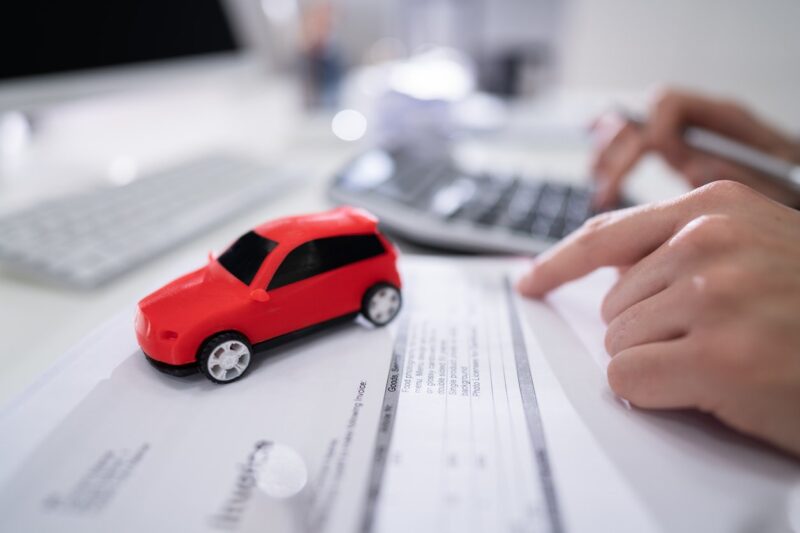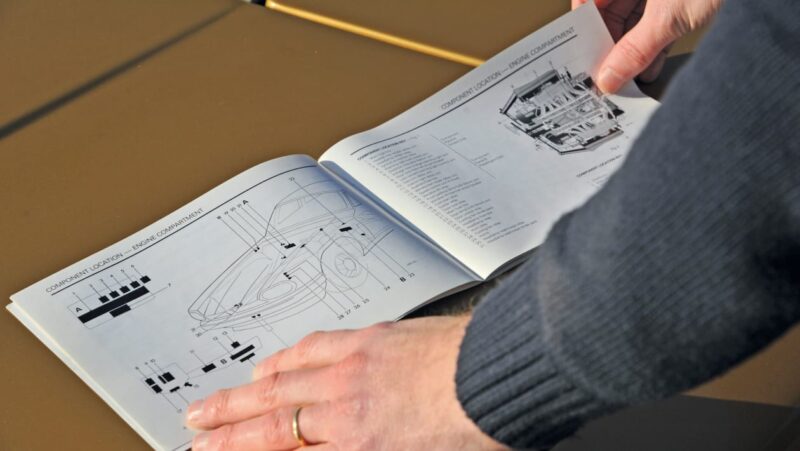Car history checks are an essential step in the car buying process, especially for private motorists. These checks provide valuable insights into a vehicle’s past, helping to ensure that you make a well-informed purchase decision.
In this article, we’ll explore the importance of car history checks, what they entail, and how to go about conducting one effectively.
Understanding Car History Checks
A car history check, often performed through services like fullcarchecks.co.uk, is a process of gathering detailed information about a vehicle’s past. This can include its ownership history, any accidents or damage it has sustained, service history, and whether it has any outstanding finance or legal issues.
These checks are crucial because they can reveal potential problems or hidden issues that might not be immediately apparent during a visual inspection or test drive.
Why Conduct a Car History Check?
The primary reason to conduct a car history check is to ensure the car you are considering purchasing is safe, reliable, and worth the asking price. These checks can reveal if the car has been in major accidents, which might affect its safety and performance.
They can also indicate whether the car is stolen or has outstanding finance, both of which could lead to legal issues for the new owner.
Sources for Car History Checks
There are various ways to conduct a car history check. Many companies offer this service online, providing comprehensive reports based on the vehicle identification number (VIN). It’s important to choose a reputable service to ensure the information you receive is accurate and up-to-date.
Additionally, some government agencies and motor vehicle departments offer access to vehicle history information.
Key Information in a Car History Report
A typical car history report includes several key pieces of information. The ownership history shows how many people have owned the car, which can be an indicator of how well it was maintained.
The accident history section details any recorded accidents or damage, while the service history provides insights into how regularly the car was serviced.
Other important sections include the vehicle’s registration history, any outstanding finance or liens, and whether the car has been declared a total loss by an insurance company.
Analyzing the Report
Once you have the car history report, it’s crucial to carefully analyze the information. Pay particular attention to any serious accidents or major repairs, as these could affect the car’s safety and resale value.
Also, look for any inconsistencies in the report, such as gaps in the service history, which might indicate that the car wasn’t maintained properly.
Cross-Checking Information

It’s always a good idea to cross-check the information in the car history report with other sources. For example, you can ask the seller for service records or contact previous owners if possible.
Additionally, having the car inspected by a qualified mechanic can provide further insights into its condition and any potential issues.
The Role of a Mechanic’s Inspection
While a car history check provides valuable information about a car’s past, it’s not a substitute for a physical inspection. A qualified mechanic can check for signs of wear and tear, mechanical issues, and any repairs that might be needed in the near future.
This inspection can provide peace of mind and help you negotiate a fair purchase price.
Making an Informed Decision
Armed with the information from the car history check and a mechanic’s inspection, you can make an informed decision about whether to proceed with the purchase. If the history report reveals significant issues, it might be wise to consider other options.
However, if the report is mostly positive, and the car passes a mechanic’s inspection, you can feel more confident in your decision to buy.
Negotiating the Purchase
Once you have a comprehensive understanding of the car’s history and its current condition, you are in a strong position to negotiate the purchase. Use the information from the car history check and the mechanic’s inspection to discuss the price with the seller.
If there are issues that were not disclosed initially or repairs that need to be made, you can use this as leverage to negotiate a lower price. It’s important to remember that negotiation is a normal part of the car buying process, and being well-informed gives you an upper hand.
Legal and Administrative Considerations

After deciding to purchase the vehicle, it’s important to take care of the legal and administrative aspects. This includes transferring the title and registration, as well as obtaining insurance.
Ensure that any outstanding finance or liens on the vehicle are cleared before finalizing the purchase. It’s also wise to keep a record of all documents and reports related to the car’s history and your purchase, as these can be valuable for future reference.
The Value of a Warranty
If you are purchasing a used car from a dealer, inquire about a warranty. While a car history check can reveal past issues, it cannot predict future problems.
A warranty can provide additional protection against unforeseen mechanical failures. Be sure to understand what is covered under the warranty and for how long.
Long-Term Maintenance
After purchasing a car, it’s crucial to maintain it properly to ensure its longevity and performance. Regular servicing, as per the manufacturer’s recommendations, is essential.
Keep a record of all maintenance and repairs, as this will not only help in keeping the car in good condition but also add value if you decide to sell it in the future.
Staying Informed
As a private motorist, staying informed about your vehicle and the automotive market is beneficial. Technologies, regulations, and industry standards are constantly evolving.
Keeping abreast of these changes can help you maintain your vehicle better and make more informed decisions in the future, whether it’s about maintenance, upgrades, or even a new purchase.
Final Thoughts

A car history check is more than just a step in the buying process; it’s a crucial tool for ensuring that you invest in a vehicle that is safe, reliable, and worth your money.
By thoroughly researching and understanding a car’s past, conducting a physical inspection, and being mindful of legalities and maintenance, you can enjoy peace of mind in your automotive investment.
Related Posts:
- How to Sell Your Car Safely: 9 Tips and Advice for a…
- The Most Shocking Upsets in Premier League History:…
- What Fees Are Negotiable When Leasing a Car?…
- Innovative Digital Marketing Strategies for Product…
- Using Telegram in 2024: Uncovering Unknown Features…
- How to Respond to a Debt Collection Letter: 10 Legal…














